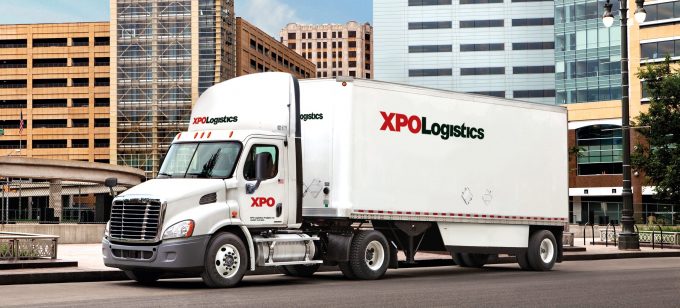Conf call redux: GXO Logistics hammered – yet the song remains the same
…but they’ve definitely changed the words

XPO Logistics chief Brad Jacobs was on Wall Street yesterday to ring the bell signalling daily trading at the New York Stock Exchange, chosen for the ceremonial act as it signals the start of trading in GXO, XPO’s spun-off contract logistics company.
This marks the final ...

Comment on this article